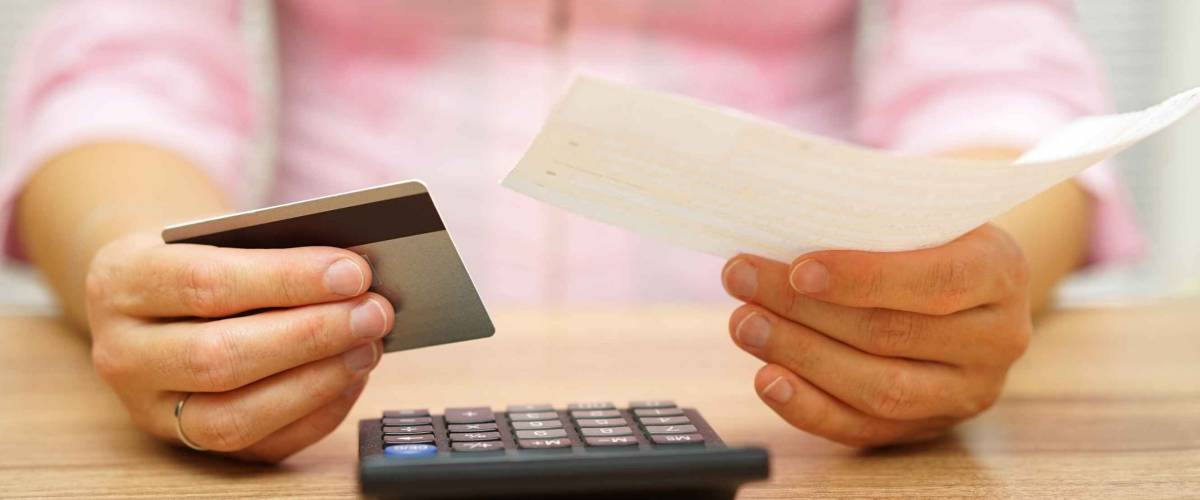Why would a lower limit hurt my credit score?

A lower limit might force you to be more conservative with your debt, but it can also sap your power to borrow money for things you need, like a home or car.
One of the biggest factors that makes up your credit score is your credit utilization ratio. This measurement of credit used versus credit available is responsible for 30% of your FICO score (the most popular scoring method).
Credit bureaus like people who borrow less than they’re able. For a good score, your credit card balance shouldn’t exceed 30% of your spending limit. Using 10% percent or lower is even better.
But when your credit limit drops, the amount you’re currently borrowing suddenly becomes a much higher percentage of your available credit. Your utilization ratio spikes, which then hurts your credit score.
If you’re concerned about this happening to you, consider signing up for a free credit monitoring service that will tell you when your score drops for any reason, like a mistake on your credit report.
More: Looking to raise your FICO score? Try Experian Boost™ to get credits for paying your phone bill, utilities, and more.
Kiss your credit card debt goodbye
Millions of Americans are struggling to crawl out of debt in the face of record-high interest rates. A personal loan offers lower interest rates and fixed payments, making it a smart choice to consolidate high-interest credit card debt. It helps save money, simplifies payments, and accelerates debt payoff. Credible is a free online service that shows you the best lending options to pay off your credit card debt fast — and save a ton in interest.
Explore better ratesWhat can I do if my credit limit gets slashed?

Ask for it to be restored. The first step is to simply ask your credit card company to reverse the change. Call the number on your card and ask why your limit was cut. It wouldn’t hurt to remind them how long you’ve been a customer. If you’ve always paid your bills on time, you should leverage that, too. And saying “please” still goes a long way.
Use a balance transfer card. If you already have more than one credit card, you might be able to shift your balances between accounts to bring down your credit utilization rate. If you only have one card, now would be the time to seek out a second one. Look for a better limit and a promotional 0% interest period that will help you pay off your debt fast. Keep in mind that opening new cards leads to credit checks, and too many checks can harm your score, as well.
Automate your bill payments. Another way to salvage your utilization ratio is to automate your payments with a management app. That way you can ensure you never stray past the 30% mark and also save yourself from any accidental late fees. Consider paying your balance down bi-weekly, rather than once a month.
Consolidate your debt. If you’re juggling multiple credit cards and struggling to overcome their high interest rates, you should look into a debt consolidation loan. By taking out one low-interest loan, you can pay off all of your credit cards and only have one bill to worry about each month. Make sure you use an online comparison tool to find the lender that will offer you the best deal.
As you can see, you have plenty of options if COVID-19 took a bite out of your credit. You may not be able to stop your limit from falling, but you can always fight your way back to a good score.
Meet your retirement goals effortlessly
The road to retirement may seem long, but with Advisor, you can find a trusted partner to guide you every step of the way
Advisor matches you with vetted financial advisors that offer personalized advice to help you to make the right choices, invest wisely, and secure the retirement you've always dreamed of. Start planning early, and get your retirement mapped out today.








